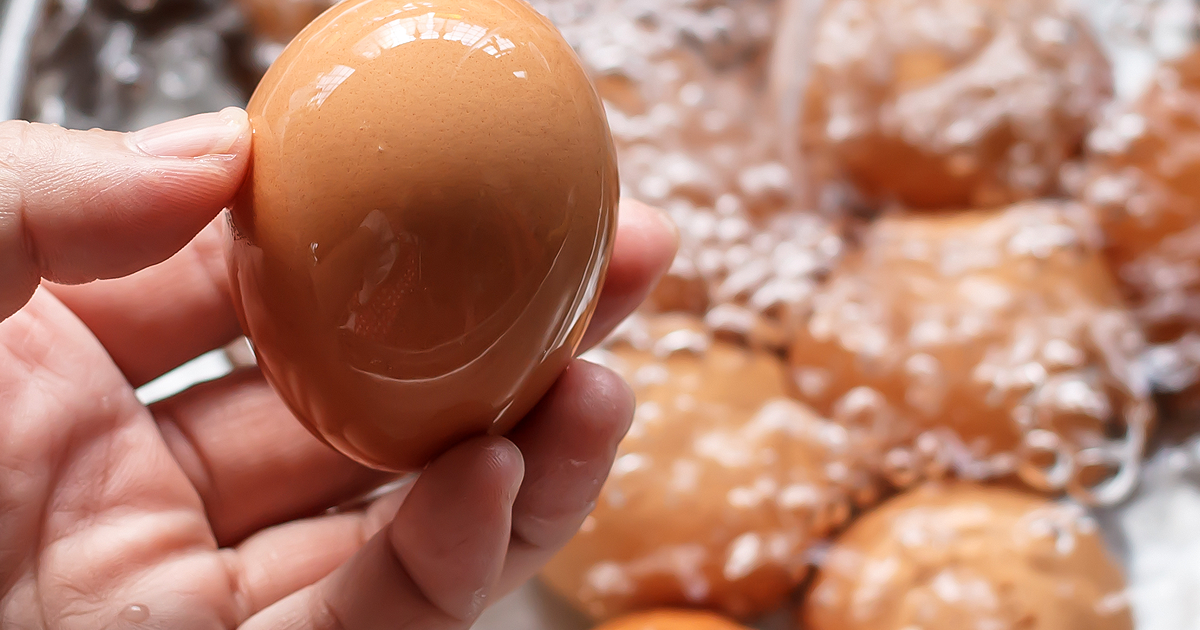Got Chickens? How to Collect, Clean, and Store the Eggs
March 26, 2022
Backyard broods have become a sensation throughout the Northwest. Today, you can find coops in cities, suburbs, and the country. While raising chickens has been a mainstay for rural dwellers for as long as anyone can remember, questions still come up about how to best collect, clean, and store the eggs. To help out, we’ve put together a few quick tips.
Collecting Eggs is a Daily Adventure
Even if you have just a few hens, it’s important to check for eggs every day – twice if you can swing it. The longer an egg sits in the nest box, the more chances it has of getting broken or covered in manure.
Coastal Tip: keep your hen’s nest boxes filled with shavings or straw and always clean out broken eggs or manure.
There are ways to minimize possible damage and filth. One of the easiest is to keep your hens from sleeping in their nest boxes. Instead encourage them to sleep on perches that are placed higher than nest boxes.
Cleaning and Storing
The U.S. Department of Agriculture has found that improper egg storage and cleaning result in more than 140-thousand cases of salmonella poisoning each year. So, if you’re planning to sell your extra eggs, there are local and state regulations that dictate how those eggs must be cleaned and stored. Check with your local county extension office for rules that apply to you.
If you’re not selling them, you can either clean them and store them in the refrigerator or lightly wipe them clean and keep them in cartons without refrigeration. Yes, we said “without” refrigeration.
Most people choose refrigeration. We’re just used to it. However, you don’t want to scrub your eggs clean. This will shorten the shelf life significantly. Instead, lightly dry clean your eggs with an abrasive pad to avoid removing the anti-bacterial coating on the shell. This coating is called the bloom.
Once your eggs are clean and completely dry, pack them in an egg carton and label the carton with the collection date. Eggs can last up to four weeks in the refrigerator.
Coastal Tip: Not sure if an egg has gone bad? Try the float test. Place the egg in a bowl of water. If it floats, it’s bad.
The trick to storing eggs at room temperature is to keep your hens healthy, keep your coop immaculate, and avoid removing any of the anti-bacterial coating. Unrefrigerated and carton stored eggs can last for up to 4 weeks in a cool, dry room. However, it’s important to physically flip your cartons of eggs over every few days.
Coastal Has Your Chicken Supplies
Whether you’re new to chickens or a seasoned pro, your West Coast-owned and operated Coastal has what you need to feed and care for your backyard egg-laying friends. Stop by your nearby location today for ready-to-go chicken coops and incubators, feed, egg turners, bedding, waterers, and honest expert advice.
Getting Hens to Use Nest Boxes
- Make sure you have at least one nest box for every four hens.
- Keep nest boxes in a dark, quiet section of the coop.
- Use decoy eggs or golf balls to teach hens where to lay eggs.
- Clean and refill nest boxes with straw every day or as needed.
